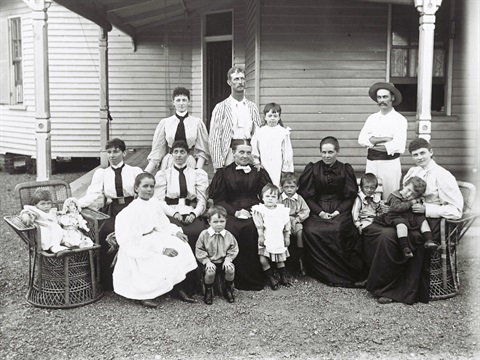Births, Deaths and Marriages in England and Wales
Published on 24 March 2020

Post 1837
Civil Registration of births, marriages and deaths started on 1 July 1837 in England and Wales. In theory all deaths and marriages from 1 July 1837 should have been registered within six weeks, but the registration of births was not compulsory until 1875, so coverage can be patchy before then.
Though the certificates are not online, the original central indexes can be searched from July 1837 to 2007 in several places, including Ancestry, Findmypast and Familysearch. Digitised indexes can also be searched for free on the the FreeBMD web site –http://www.freebmd.org.uk.
There are occasional errors in the digital indexes, so if you can’t find your ancestor using one website, try another. The GRO indexes list the name under which the event was registered (which could be spelled differently to how you were expecting), the quarter and year it was registered, the district of registration and a volume and page number. Once you have this information, you can order a copy of the full certificate from https://www.gov.uk/research-family-history. Alternatively the three Australian transcription agents discussed previously – Joy Murrin, Marilyn Rowan and Laurie Turtle offer a UK certificate service via their websites.
Pre 1837
As with Australian research, the only vital records available before 1837 are parish records – Baptisms, Marriages and Burials performed in churches. You can search these parish records on Ancestry and Findmypast, and via the Familysearch website.
The Familysearch site is run by the Latter Day Saints and is a searchable database of millions of early BDM records from countries all around the world. People often ask about the connection between the LDS church and family history. Put simply, members of the LDS religion see it as important to identify their ancestry. The statement from their website reads:
Our commitment to helping people connect with their ancestors is rooted in our beliefs—that families are meant to be central to our lives and that family relationships are intended to continue beyond this life. We hold that all family members—those living, those past, and those future—share an enduring bond that reaches across the generations. To us this means that families are forever, and an important part of acting on this belief is doing family history.
NB: It is important to bear in mind that the further you go back in time, the less records are available to you. Church books were often damaged, destroyed or lost, and as these were often the ONLY record, you will come to a dead end with your research. Many people do not get back before the late 1700’s simply because their family wasn’t “important” or eminent enough to leave a footprint.